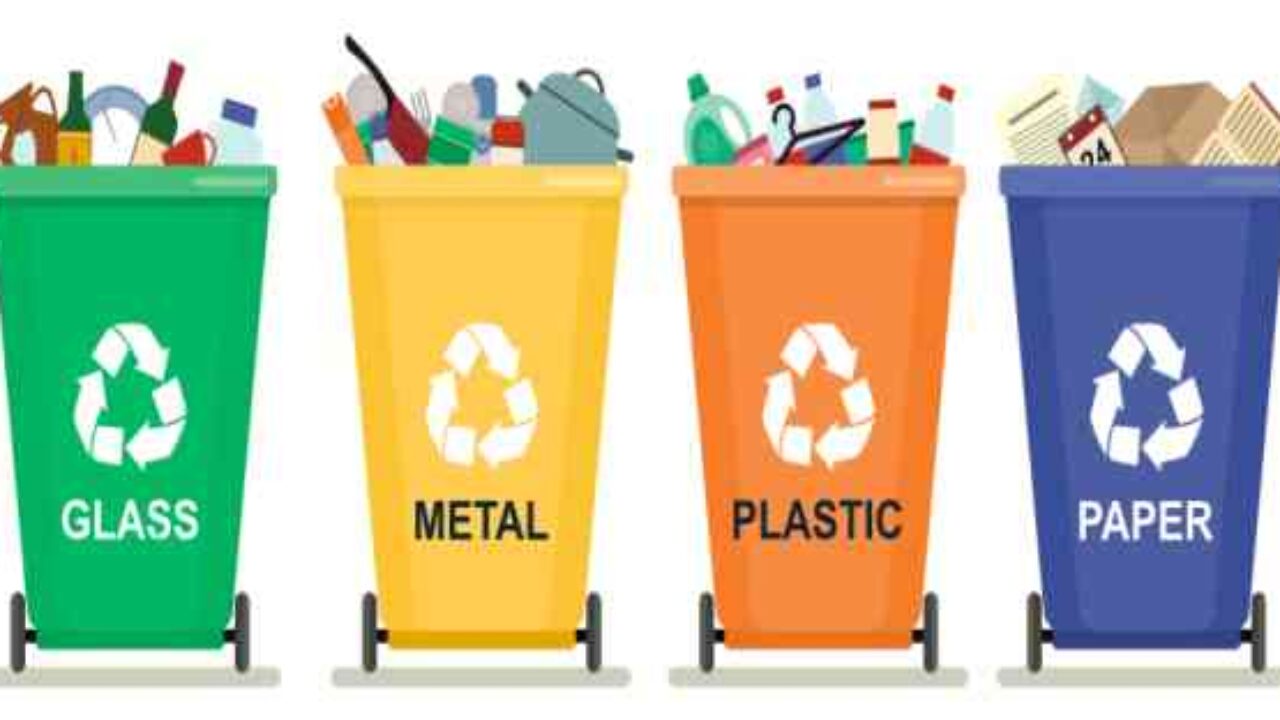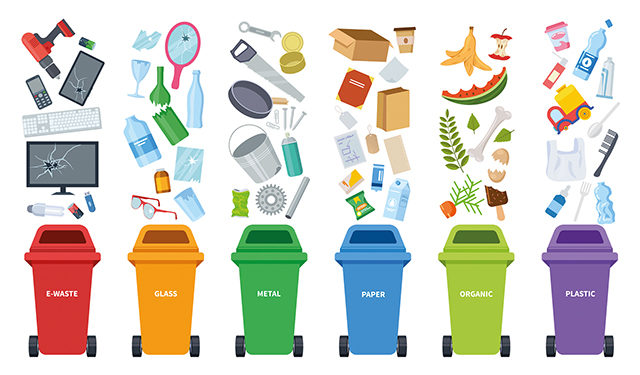Waste management is very important in the United States. Approximately 0.5% of GDP is spent by the federal, state and local governments to properly manage garbage, sewage and industrial wastes. The industry helps keep the environment safe and healthy and provides thousands of jobs. It is also a very important aspect of the U.S. economy and works closely with the government to meet environmental goals and keep the country clean.
Waste management is the process of collecting and handling of waste materials such as garbage, trash, rubbish, and waste. The waste materials are collected at the source, processed and transferred to their final destination such as a landfill or a recycling center. The purpose of waste management is to reduce the negative effects of waste materials on public health, the economy, and the environment. Waste management is the implementation of practical measures that prevent and/or reduce the negative effects of waste materials on the health of humans and animals, the economy, and the natural environment. The basis of these measures is the prevention of waste, i.e., decreasing the amount of waste produced and discarding the waste at the source.
What Is The Big Problem With Waste Management?
It is a fact that waste management is a problem in the United States. In 2013, USA generated over 240 million tons of waste. This waste was composed of 80 million tons of municipal solid waste and 143 million tons of non-hazardous industrial waste. The biggest problems with this waste include landfills and air pollution. Landfills are basically big holes filled with trash. This trash is often buried for hundreds of years. The trash decomposes and generates methane. Methane is a greenhouse gas which is 21 times more potent than carbon dioxide. Air pollution from waste management accounts for 14% of all the greenhouse gas emissions in the United States. These gases cause global warming which threatens the habitability of the planet.
What Are The Main Waste Management Challenges?

The main waste management challenges in the united states is that the waste is not managed properly. The government is not strict enough in managing the waste. They are also not able to research on how they can manage the waste.
Despite the E-waste management act of 2017, which has the capacity to serve as a framework for government bodies to address the issues of E- waste, extensive research has been done by the United States Environmental protection agency and it depicts the loopholes in waste management sector. The root cause is lack of full commitment from the businesses towards the waste management protocols. Organizations do not follow the waste management protocol for various reasons. The problem of E- waste is being neglected by the government and does not have a centralized authority or legislation. The government needs to direct the industries towards a sustainable path and work with them to introduce the necessary amendments in the laws to put real effect on E- waste management.
What Needs To Be Done For Better Waste Management In USA?
USA is the biggest waste producer in the world and this has to stop. What needs to be done for better waste management in USA? Firstly, the government needs to come up with a solid plan that is going to effectively tackle this issue and ensure the waste management is taken care of properly. Secondly, not everyone is aware of the fact that they are supposed to separate waste before throwing it into the garbage. This must be taken care of. People should be educated about this. Last of all, the process of recycling should be improved. This is the only way in which we can actually manage the waste and reduce the pollution.

